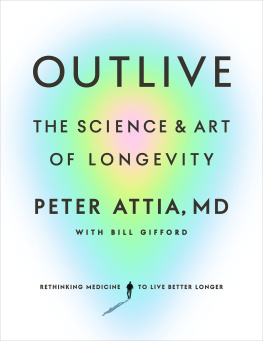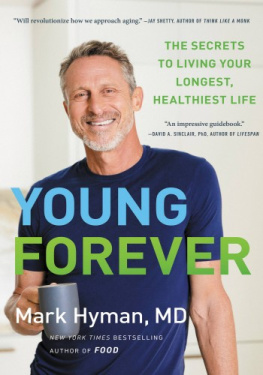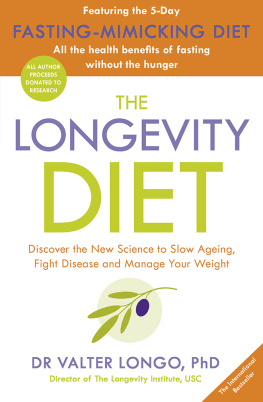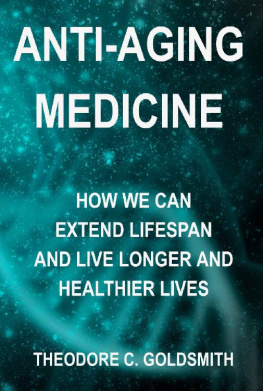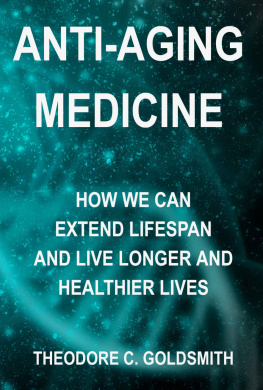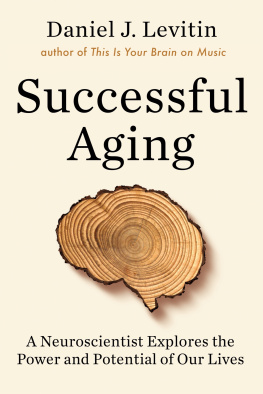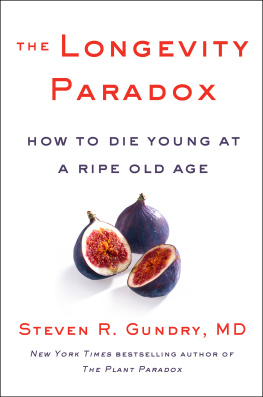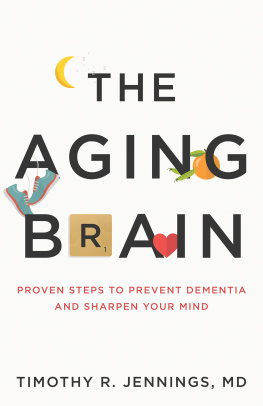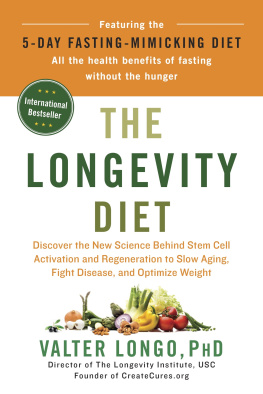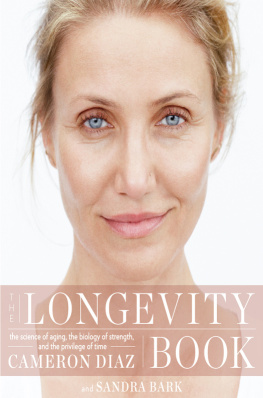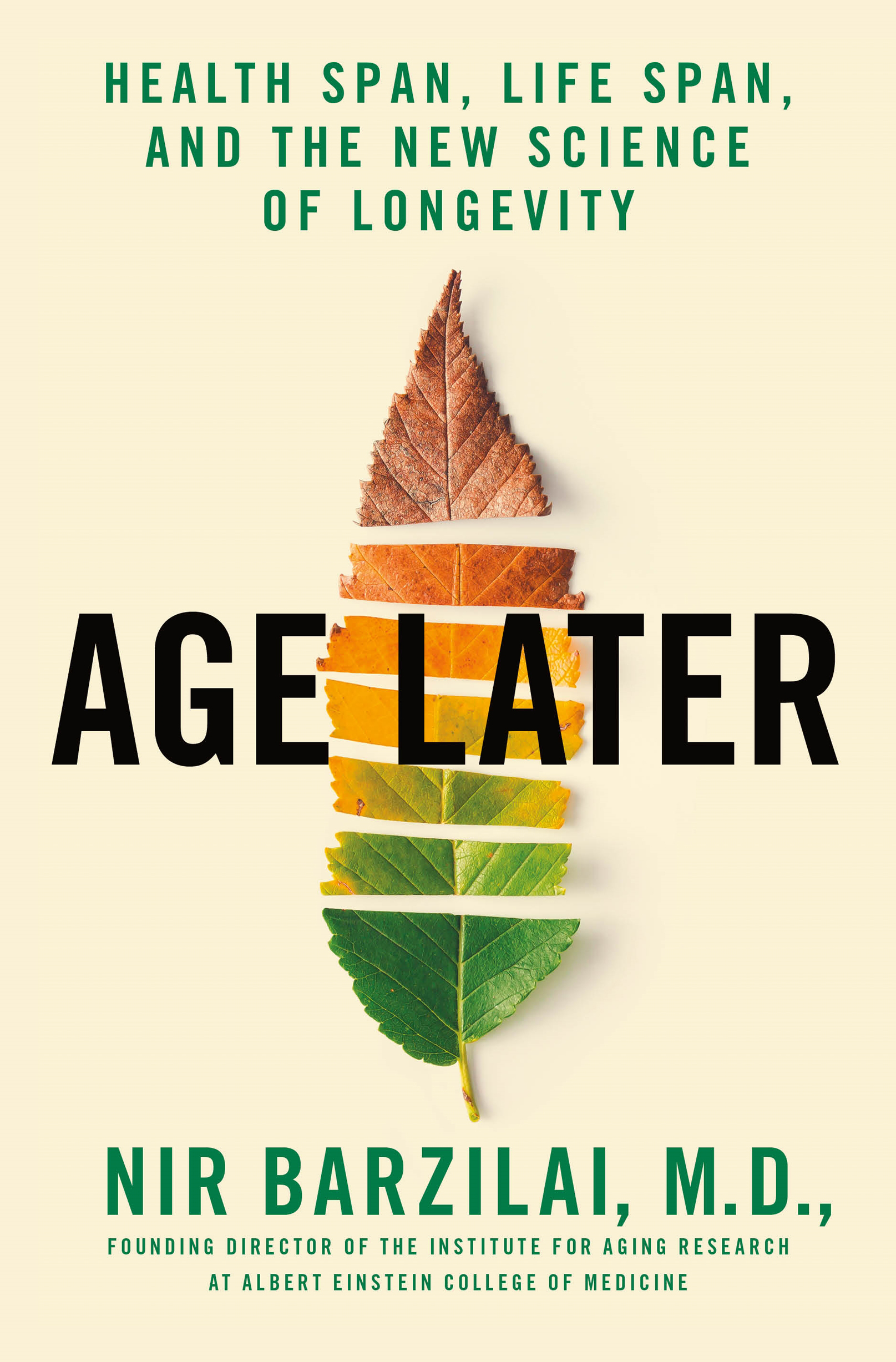The author and publisher have provided this e-book to you for your personal use only. You may not make this e-book publicly available in any way. Copyright infringement is against the law. If you believe the copy of this e-book you are reading infringes on the authors copyright, please notify the publisher at: us.macmillanusa.com/piracy.
I t was a warm summer day in 1968, and a breeze rippled the leaves on the trees that lined Panorama Street as my grandfather Dov and I walked to the top of Mount Carmel, where we could see Haifa Bay. Across the bay were the Galilee mountains, Nazareth, and Golan Heights. I was thirteen and Grandfather was sixty-eight, and we walked this route nearly every Saturday as he told me stories about his life. My sisters and I were born in Haifa and grew up there, as did our father, so many of the stories settings were familiar to me. On this day, he told me the story of planting trees on the roads to Jerusalem and draining swamps in Hadera. I idolized him and hung on his every word as he explained the challenges involved and the strength required to accomplish those tasks.
Each of his stories made him seem larger than lifestrong, active, unwavering. But as we crested the hill, he was breathing heavily and leaned over, placing his hands on his thighs as if he might topple over. I stood watching him, wondering if there was something I should do to help him. Id never seen him so out of breath. How could this slow, overweight manbalding and wrinkledbe the man from the stories? How could he plant trees and drain swamps and build businesses? How could that person have become this person?
Grandfather continued his story a minute later, but that moment sparked the first of the great mysteries in my life, one that ultimately helped push me into medicine and has tantalized me for decades. Aging transforms us, remakes us, breaks us, destroys us. But why?
Im still asking that question, and as I near the age my grandfather was on that memorable day, my quest has taken on new meaning. My grandfather died of a heart attack at age sixty-eight, but thanks to improvements that have been made in medical interventions over the past hundred years, my father, David, who had a heart attack at the same age, underwent triple bypass surgery and lived another two decades. And preventive measures have improved so much that Im planning to skip the heart attack altogether.
For thousands of years before the twentieth century, most people died between the ages of twenty-five and thirty-five. Forty years old was considered ancient. Of course, there were always exceptions, and we know that some people, like Leonardo da Vinci and Rembrandt, lived to be very old, but it wasnt until the twentieth century that life expectancy for men and women exceeded sixty years, thanks to sanitation, immunizations, antibiotics, medication, surgery, and other innovations. By the mid-1900s, human life span increased until the average reached eighty years, which is where we are now. But we start accumulating diseases after the age of sixty, and many people are being treated for three different diseases or chronic conditions by the age of seventy-five. So regarding the future of humanity and quality of life, its clear that finding a way to prevent or delay the onset of age-related illnesses is one of the most important mysteries we can solve. I have dedicated my life to this quest, not just because of the vision I have for the future but also because of some lessons from my past.
When I was a medical student at the Israeli Institute of Technology, I was also a medic and a nurse, so I wanted to use my knowledge and skills to help wherever they were needed most. My first opportunity was during the winter of 1979/80 when Vietnam invaded Cambodia and overthrew the oppressive regime of Pol Pot and his killing fields. I was one of ten people on the Israeli government mission team that traveled to the border of Cambodia and Thailand to work in the Sakeo refugee camp under the auspices of the Red Cross. These refugees, many of whom had been soldiers under Pol Pots rule, were dying of the same things that have afflicted humankind since the beginning of our existencenamely, infectious disease, starvation, and violent conflict with other humans. We saved thousands of lives, but for each one we saved, another dozen died. Despite this nightmare, all the volunteers worked relentlessly, including the Salvation Army missionaries, who had set up a small shelter in the middle of camp where children could have a drink and a snack while the volunteers told them Bible stories. So everyone was offering whatever skills and services we could provide, and eventually, we made some progress by keeping more of the refugees alive.
But we also saw many people die before they had a chance to grow old, and that had a lasting impact on me and gave me a deeper appreciation for life. It also made me think of how fortunate my grandfather had been to live so long even though his last years were not healthy. And the question was sparked again: Why cant we live long and be healthy?
My time working in the Cambodian refugee camp also taught me something that empowered me to keep searching for the answer to that question. This unexpected lesson came to me by way of three Buddhist monks who approached me one day as I was in the storage shed, looking for supplies. They greeted me with their hands clasped in prayer, two middle-aged men wearing yellow gowns and an older man wearing orange. He spoke fluent English but surprised me by saying, Shalom, and other Hebrew words. He said he was the Tana-Jan, the high Buddhist priest for large areas of Cambodia, Thailand, and Laos, and he invited me and other members of the Israeli team to his temple to discuss a problem of grave importance.
That night, four of us and a guide traveled what felt like a very long way to the temple. But when the guide stopped the van, all we could see was a narrow path that led into the jungle. He instructed us to stay close behind him, and we walked through the dense foliage in the dimming light. The sounds that the birds and other animals in the jungle were making were unfamiliar and intimidating, but our guide pressed on until we finally reached a clearing and a small, one-story temple made of wood.
The Tana-Jan welcomed us and invited us inside. The room was huge and mostly empty, but on the bookshelves were many foreign-language dictionaries, books written in Latin, and books on Islam and Christianity. I was surprised to see that there were also Hebrew books and books about Judaism. He invited us to meditate with him, and while we were unable to reach his level of tranquility, as physicians, we were most impressed by his unnaturally low pulse rate (which we could measure by looking at the pulsation of the carotid artery in his neck). After meditation, the Tana-Jan explained that he had decided to speak to the chosen people about his distress. I had thought he had a medical question, but that was not the case. He explained that he was concerned that the missionary action of the Salvation Army would lead Buddhist children in the camp to convert to Christianity for the small gift of drink and food. He felt that these distressed youths were not able to make decisions based on free choice. He thought that as Jews, we could negotiate between the Christians and the Buddhists and stop what he perceived to be a disaster.


